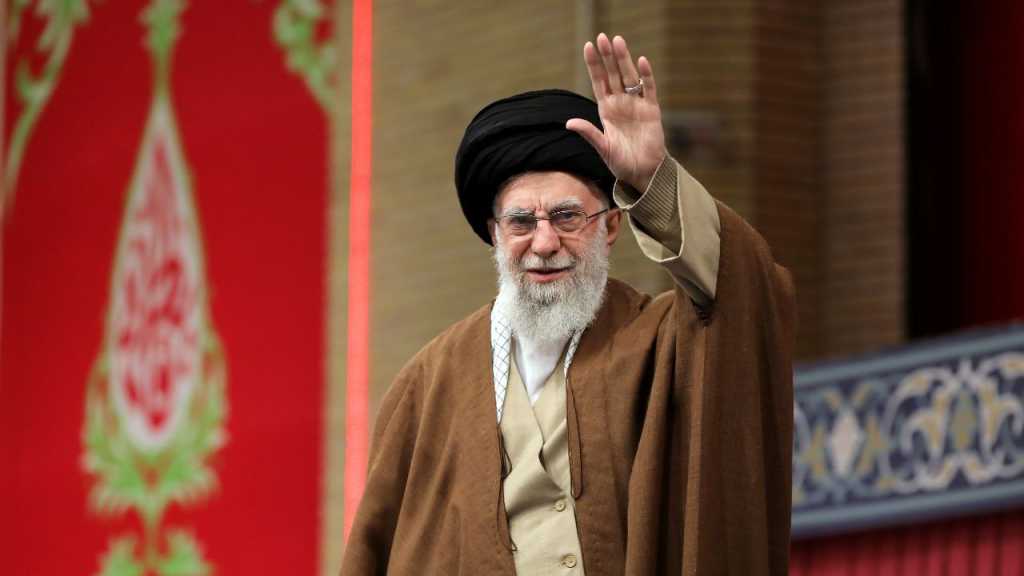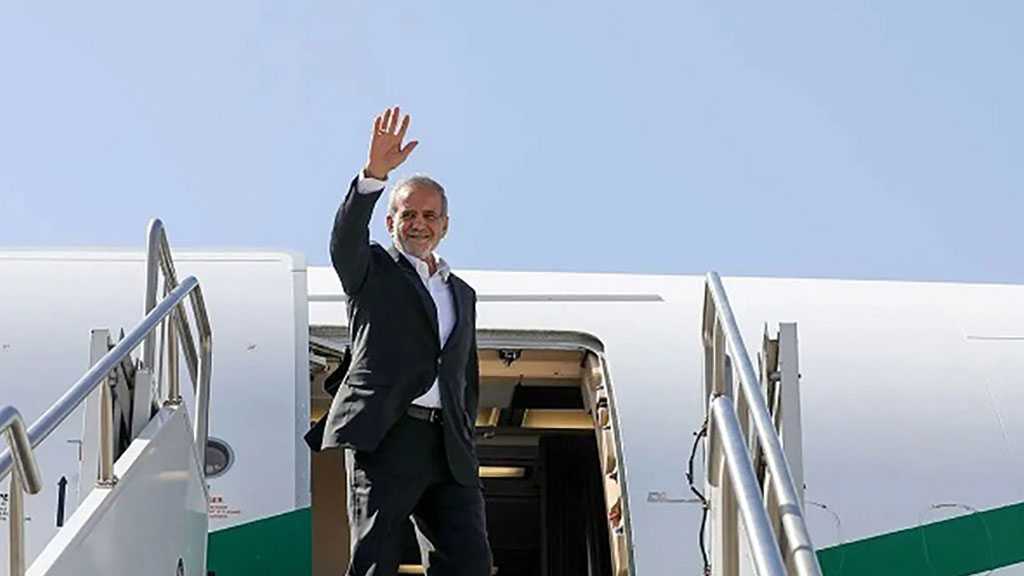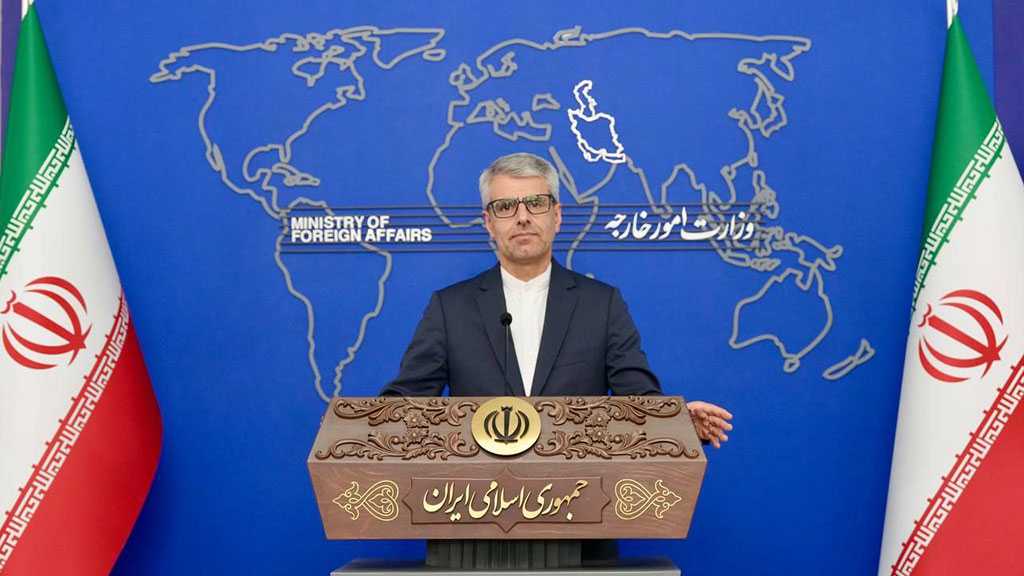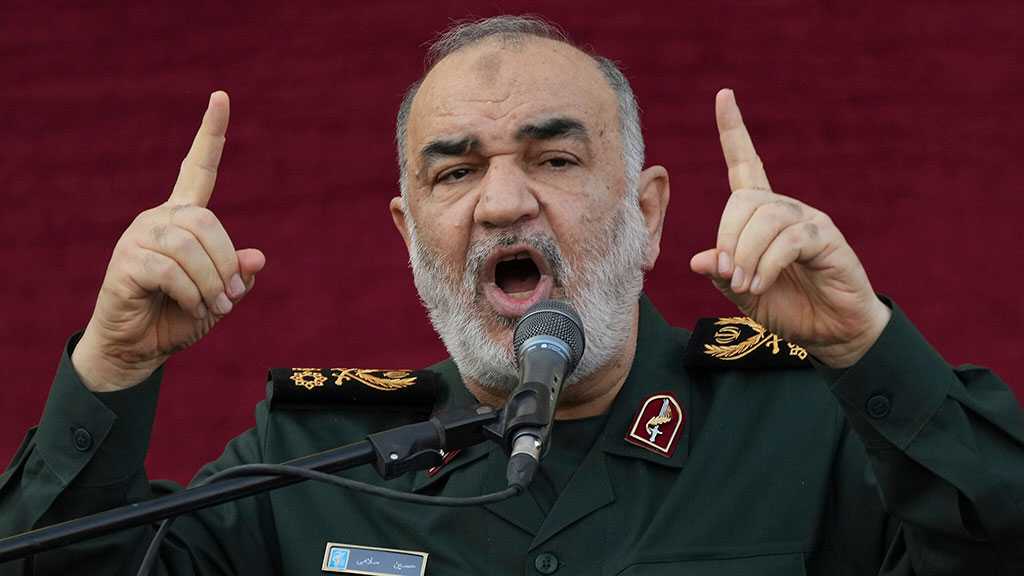Rouhani: Iran, China Determined to Boost Long-Term Strategic Ties, Fight Terrorism
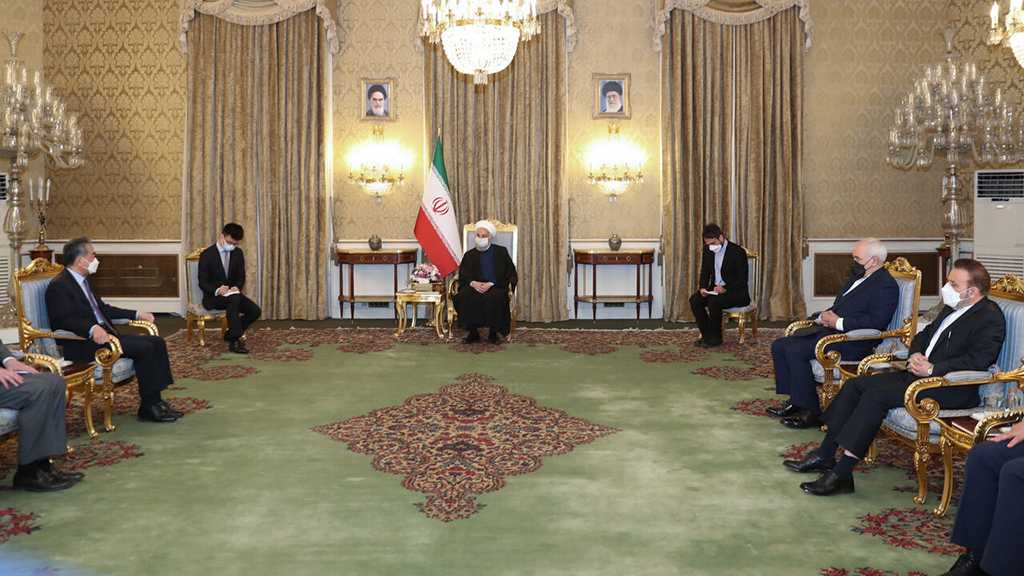
By Staff, Agencies
Iranian President Hassan Rouhani says Iran and China are firmly determined to improve “strategic and long-term” cooperation in various political and economic fields and fight terrorism and extremism in the region.
“Tehran and Beijing enjoy very good relations and the two countries’ common stance on international issues attests to the favorable level of these ties,” Rouhani said in a meeting with Chinese Foreign Minister Wang Yi in Tehran on Saturday.
He hailed the bilateral economic cooperation despite the US sanctions and its economic war against the Iranian nation, saying enhanced interaction between the two countries’ private sectors would play a leading role in the promotion of economic ties.
Pointing to the 50th anniversary of the establishment of diplomatic relations between Tehran and Beijing, Rouhani urged both sides to speed up the implementation of agreements signed in the field of important infrastructural and developmental projects.
The president commended China’s support for Iran in the international scene, including its stance on the 2015 multilateral nuclear agreement, officially known as the Joint Comprehensive Plan of Action [JCPOA], which was signed between Tehran and major world powers, and the fight against the US unilateralism and extremism.
“Cooperation between Iran and China on the implementation of the JCPOA and the European countries’ fulfillment of their commitments as per the deal are very important and can lead to a change in the current situation surrounding the JCPOA,” Rouhani said.
The future of the JCPOA has been in doubt since May 2018, when the US under ex-president Donald Trump pulled Washington out of the agreement and imposed the “toughest ever” sanctions on Iran as part of his so-called “maximum pressure,” which tried in vain to force Iran back to the negotiating table for talks on a “better deal.”
Despite throwing verbal support behind the JCPOA, the European parties to the deal — France, Britain and Germany — ultimately succumbed to Washington’s pressure and failed to fulfill their contractual commitments to Tehran.
Since the US withdrawal, Iran has criticized the three European parties to the deal for failing to protect Tehran's interests under the JCPOA. Iran has also criticized both US President Joe Biden's administration and the E3 for failing to revive the nuclear deal and lift the Trump-era sanctions on the Islamic Republic.
Elsewhere in his remarks, Rouhani stressed the importance of making collective efforts to fight terrorism and extremism in the region and said Iran’s Hormuz Peace Initiative [HOPE], a mechanism aimed at ensuring regional security through the efforts of the region’s own constituents, can play a leading role in this regard.
The Iranian president emphasized that the US military presence in the West Asian region is the root cause of regional instability and censured the Americans’ meddlesome measures.
He also pointed to achievements made by Tehran and Beijing in the fight against the deadly coronavirus pandemic and called for more Chinese vaccine exports to Iran.
The Chinese foreign minister, for his part, said Washington’s withdrawal from the JCPOA contravenes international regulations and said Beijing welcomes a declared willingness by the new US administration to revise past policies and rejoin the landmark nuclear deal.
China has always expressed its opposition to the US' excessive demands and unilateral sanctions, Wang said, adding that Washington’s so-called ‘maximum pressure’ campaign against Tehran was an unlawful and inhumane move that has failed to win international support.
He described the JCPOA as a multi-faceted document and a fruit of multilateralism, urging all parties to the deal to precisely deliver on their commitments enshrined in the agreement.
The top Chinese diplomat said his country has a "clear and explicit" stance on the JCPOA and believes that the deal should be preserved to protect multilateralism and safeguard international rules and regulations.
The US should lift the sanctions it has re-imposed on Iran, return to the JCPOA and promise not to repeat its past mistakes in the future, Wang added.
The administration of Biden, who was vice president when the JCPOA was clinched, has spoken of a willingness to rejoin the Iran deal, but, in practice, it has so far been sticking with Trump’s futile pressure campaign. Washington says Tehran should return to full compliance with the deal before the US comes back.
Iran, however, says the US should first lift all the sanctions put in place under the Trump administration before the Islamic Republic halts its countermeasures taken under Article 36 of the JCPOA. Tehran believes it was the White House that complicated the circumstances by the pullout, which in turn prompted Iran to take remedial measures.
The Chinese foreign minister further said acts of interference by the US and foreign powers are to blame for insecurity in the region and called for constructive solutions agreed by all countries in the region to tackle the woes.
He added that China has always attached great importance to enhanced ties with Iran and vowed to cooperate with Tehran to provide the country with more COVID-19 vaccines.
The Chinese foreign minister, who is on a six-country tour of West Asia, arrived in Tehran on Friday on an official two-day visit at the invitation of his Iranian counterpart Mohammad Javad Zarif.
Earlier on Saturday, the Iranian and Chinese foreign ministers signed a 25-year comprehensive strategic partnership agreement, marking a milestone in bilateral relations between the two countries.
Comments
